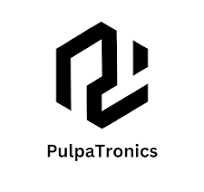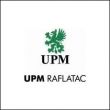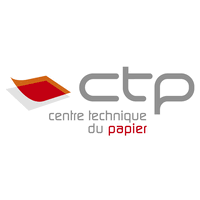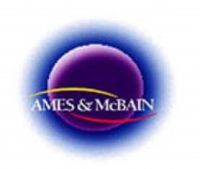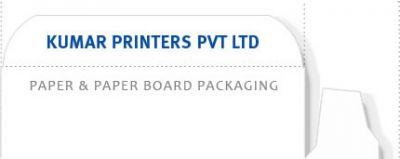NXP introduce new NFC tag fit for Digital Product Passport use from any mobile device | 04-09-2025 |
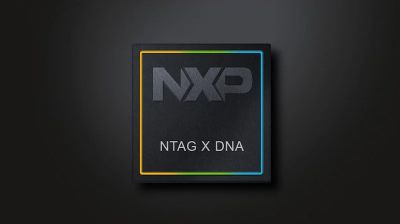
The countdown is on for manufacturers serving the EU to acquire digital product passports (DPPs), which will be mandatory by 2027. DPPs require every product to carry a transparent, accessible record of its origin, composition, and lifecycle. With counterfeit goods still flooding markets and consumer trust increasingly tied to product transparency, industries face mounting pressure to bridge the digital-physical information gap quickly and securely.
In response longstanding AIPIA member NXP Semiconductors has recently released its new type 4 NFC tag that can work with any mobile device. The new NTAG X DNA aims to do just that. It is a next-generation NFC tag equipped with 16 KB of high-density memory and a dual interface that supports both I2C and NFC communication. NXP designed the NTAG X DNA to quickly and securely authenticate and exchange detailed product data, it says.
The upcoming DPP rules are set to change the way manufacturers handle product information, from where it’s made to how it’s recycled. It's not just a fancy label; it’s a full history log that travels with the product. That kind of traceability requires more than a barcode and a database. NFC-enabled tags like the NTAG X DNA help verify product authenticity and store critical lifecycle data, supporting EU Digital Product Passport compliance, it believes. A particular target sector is healthcare
The NTAG X DNA tag can store important details such as the product’s origin, materials, and service history in a secure, digital format that’s accessible on mobile devices. Even if the device itself is powered down or offline the tag keeps that information intact and protected. Unlike older tags that could be easily cloned or tampered with, the NTAG X DNA uses encrypted communication and built-in authentication to ensure that the data provided hasn’t been changed, according to NXP.
The tag will carry a dual-interface communication that supports both ISO/IEC 14443 NFC and I²C. This gives designers flexibility in how devices interact with the tag, whether wirelessly through an NFC-enabled smartphone or directly through a wired microcontroller connection. That versatility makes it a strong fit for applications where secure data exchange is needed across both field diagnostics and embedded systems.
The high throughput, up to 848 kbps over NFC, means fast read/write cycles with minimal latency, which is crucial for responsive user interactions and time-sensitive operations, says the company. Also it allows dynamic interface switching without a system reboot, streamlining integration into more complex hardware environments.
Additionally, the integrated GPIOs offer options for signalling or basic power delivery, opening the door to battery-free implementations or minimalistic embedded designs.NXP says its tag is both flexible and performant enough to pair with either an MCU or support a connected edge device.
The tag also features enterprise-grade security protocols. The chip features Common Criteria EAL 6+ certification and support for asymmetric cryptography like ECDSA and ECDH. Its embedded ECC key pairs are generated directly on the IC, ensuring private keys are secure a huge plus for sectors like healthcare or smart factories, where a secure, tamper-proof identity is necessary to maintain contracts and meet customer requirements.
NXP also includes its EdgeLock 2GO platform, securely provisioning certificates at scale, whether during manufacturing or post-deployment. This setup supports PKI-based mutual authentication, which enables robust device-to-device and device-to-cloud communication.




